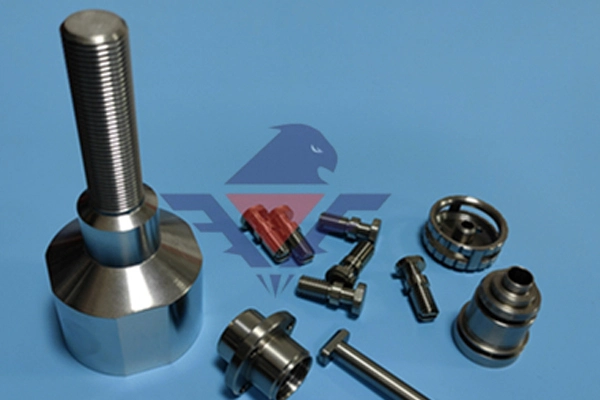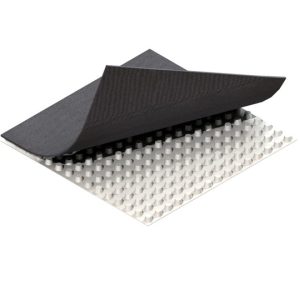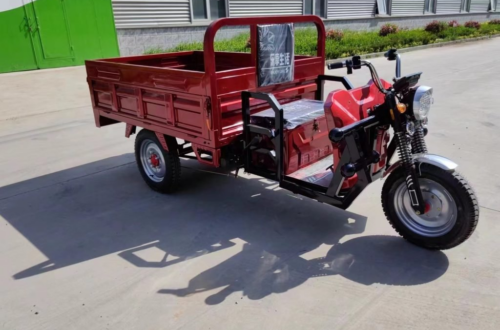Swiss Machining: Precision Engineering for Complex Components

html
Keyword: Swiss Machining
Swiss Machining: Precision Engineering for Complex Components
Swiss machining, also known as Swiss screw machining or Swiss turning, is a specialized manufacturing process renowned for its ability to produce highly precise and complex components. Originating in Switzerland during the late 19th century, this technique was initially developed to meet the demanding requirements of the watchmaking industry. Today, Swiss machining has evolved to serve a wide range of industries, including aerospace, medical, and automotive.
How Swiss Machining Works
Unlike conventional lathes, Swiss machining utilizes a sliding headstock and guide bushing to support the workpiece close to the cutting tool. This unique setup minimizes deflection and vibration, allowing for exceptional precision even with long, slender parts. The process typically involves:
- Bar stock feeding through the guide bushing
- Simultaneous multi-axis machining operations
- High-speed precision cutting
- Continuous support for the workpiece
Advantages of Swiss Machining
Swiss machining offers several distinct advantages that make it ideal for manufacturing complex components:
- Exceptional Precision: Capable of maintaining tolerances within ±0.0002 inches
- Complex Geometries: Ability to machine intricate features in a single setup
- Material Efficiency: Reduced waste compared to conventional machining
- High Productivity: Simultaneous operations minimize cycle times
- Surface Finish: Produces superior surface finishes without additional processing
Applications of Swiss Machining
The precision and versatility of Swiss machining make it suitable for various industries and applications:
- Medical: Surgical instruments, implants, and dental components
- Aerospace: Fuel system components, fasteners, and sensor housings
- Electronics: Connectors, pins, and miniature components
- Automotive: Fuel injection parts, transmission components, and sensors
- Defense: Firearm components and guidance system parts
Choosing the Right Swiss Machining Partner
When selecting a Swiss machining provider, consider these key factors:
- Experience with your specific industry requirements
- Quality certifications and process controls
- Range of materials and capabilities
- Prototyping and production capacity
- Technical expertise and problem-solving capabilities
Swiss machining continues to be a vital manufacturing process for industries requiring high precision and complex geometries. As technology advances, Swiss machines are incorporating more automation and smart features, further enhancing their capabilities and efficiency in producing critical components.


